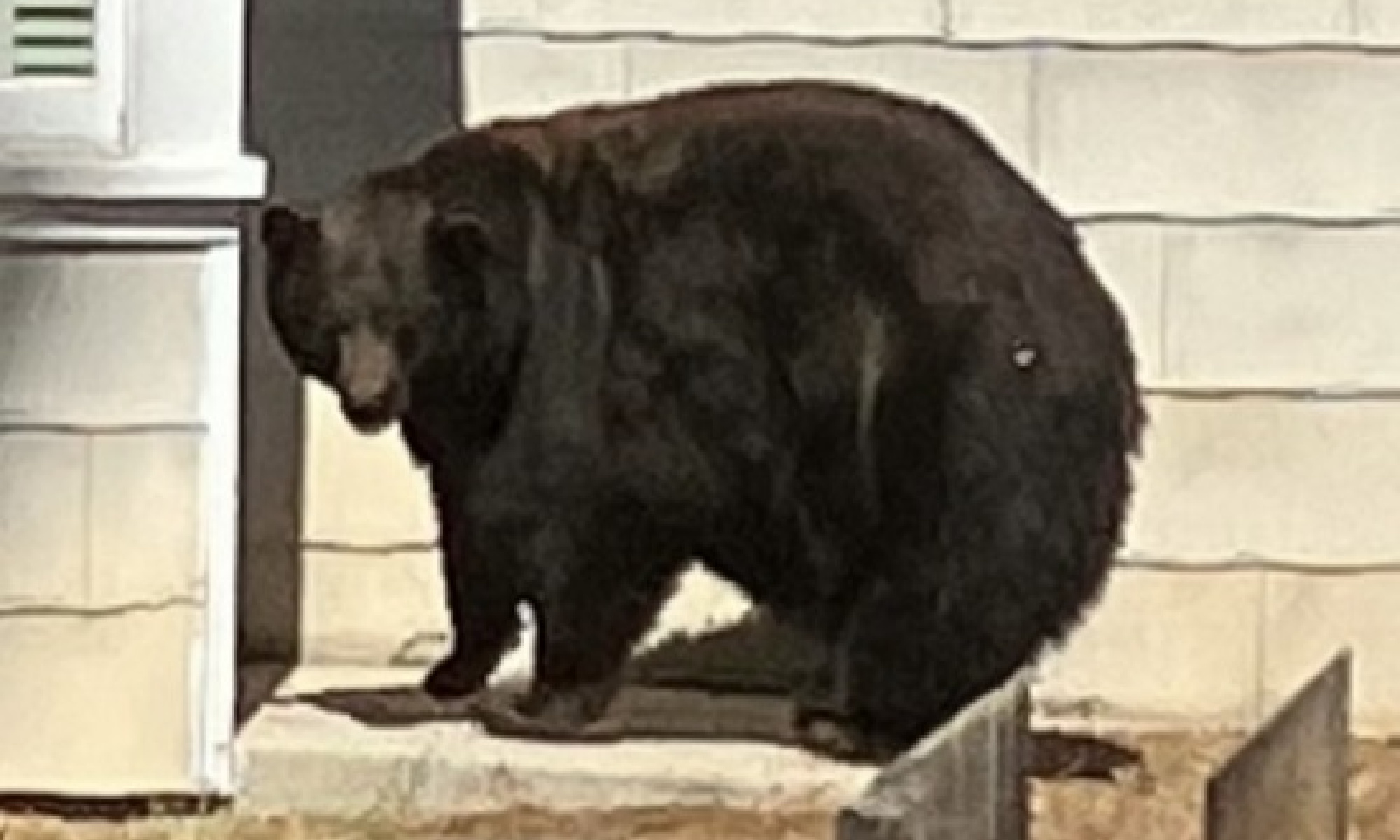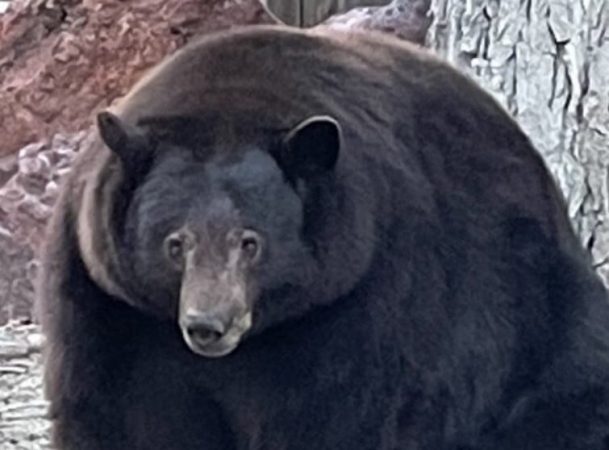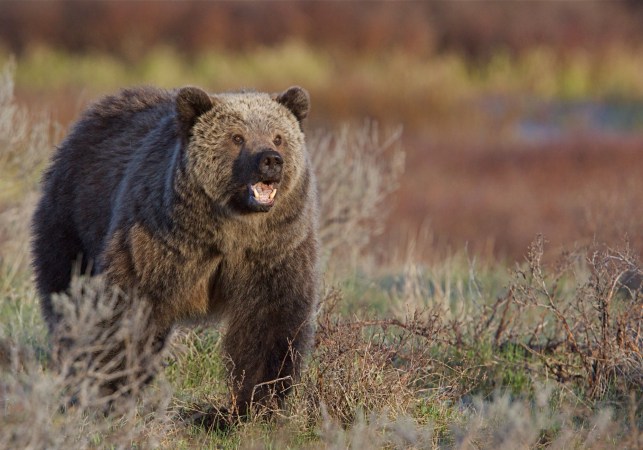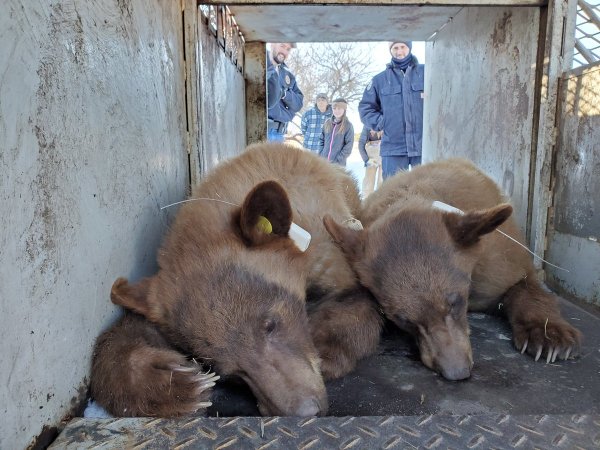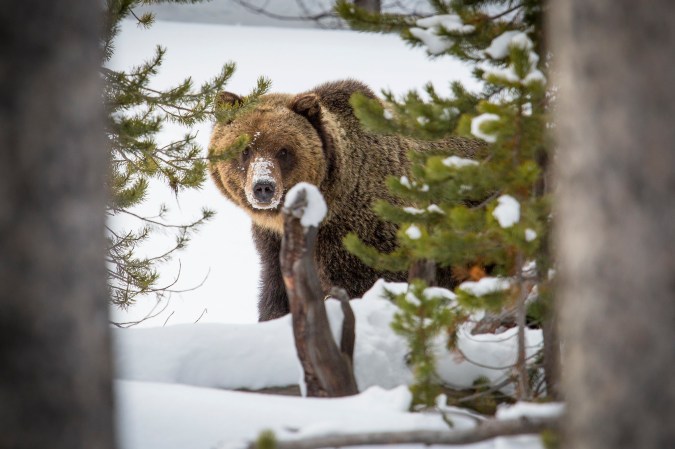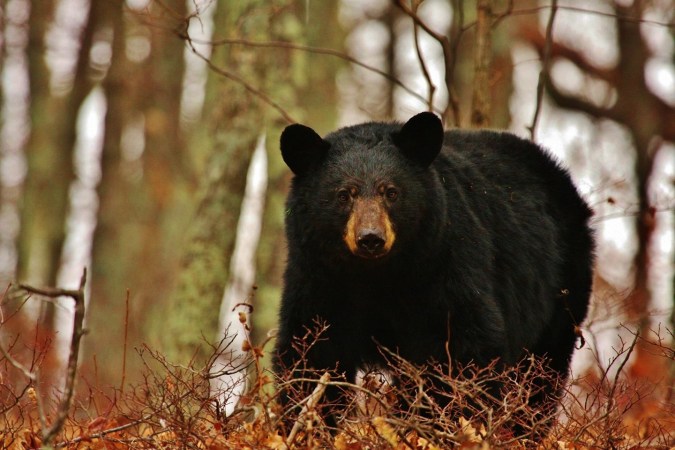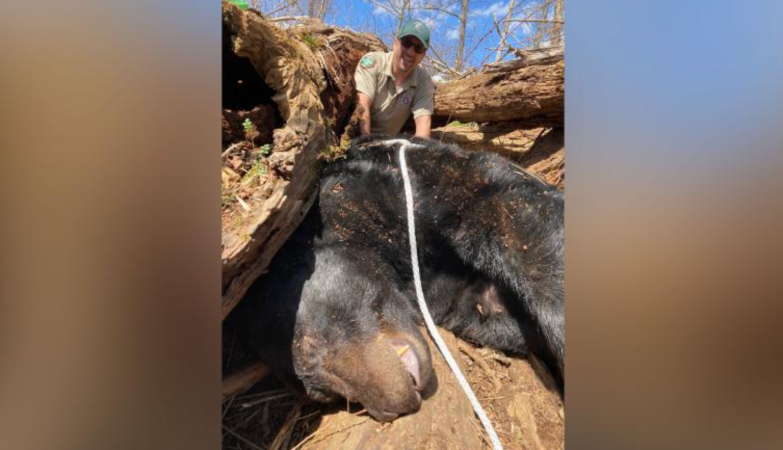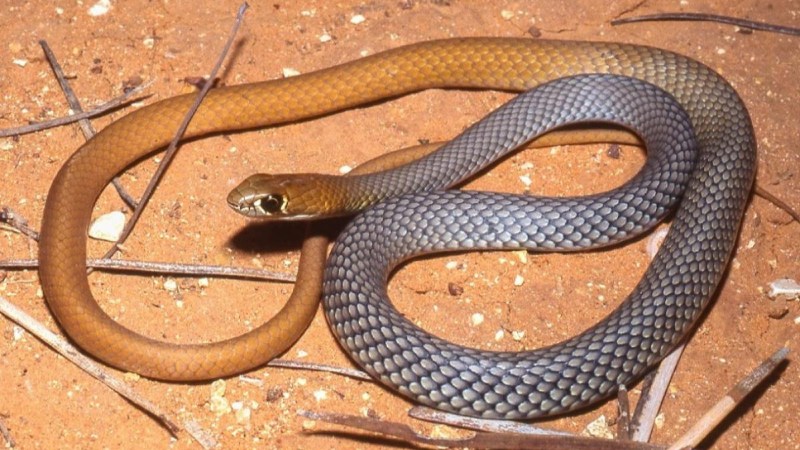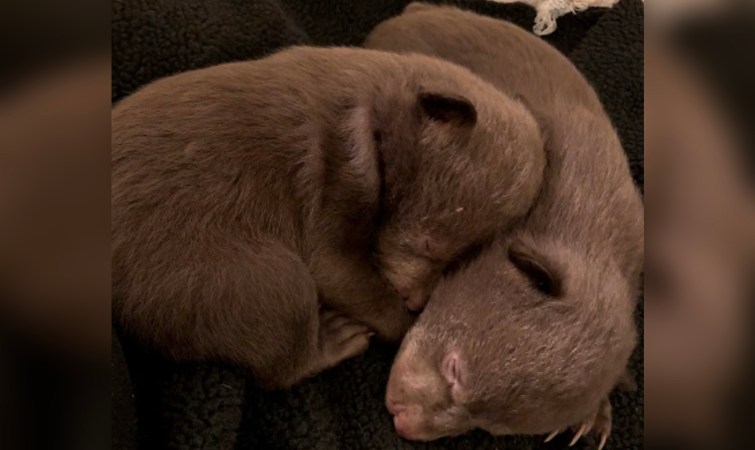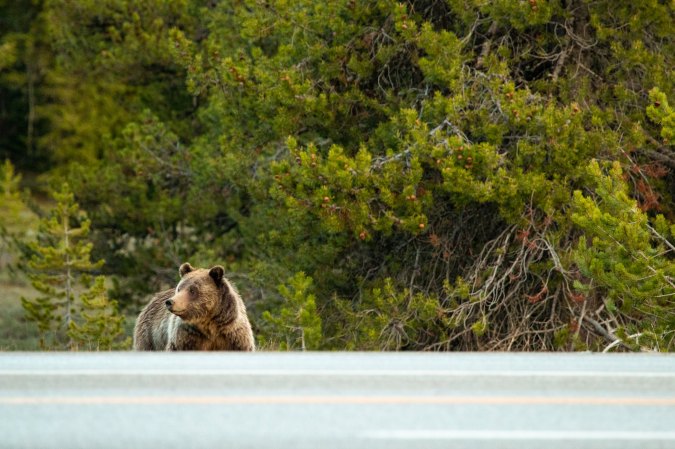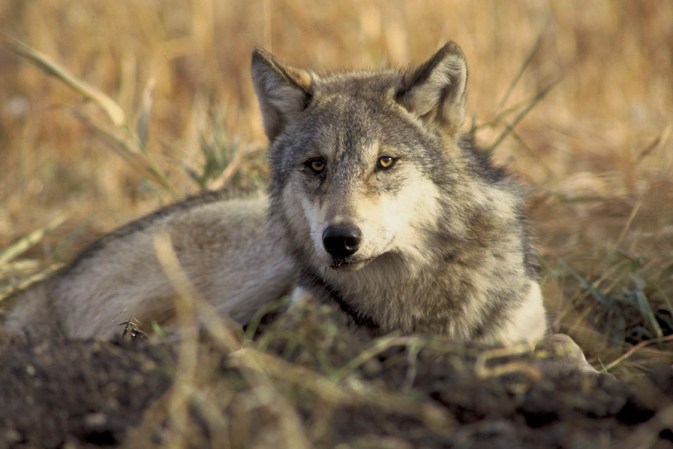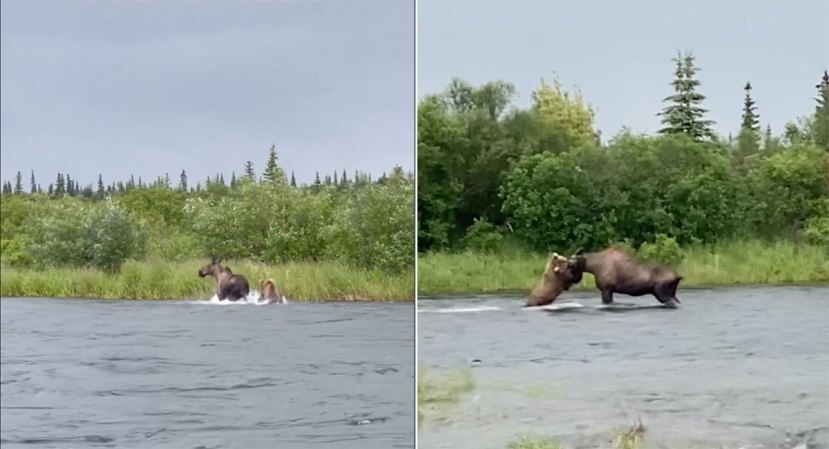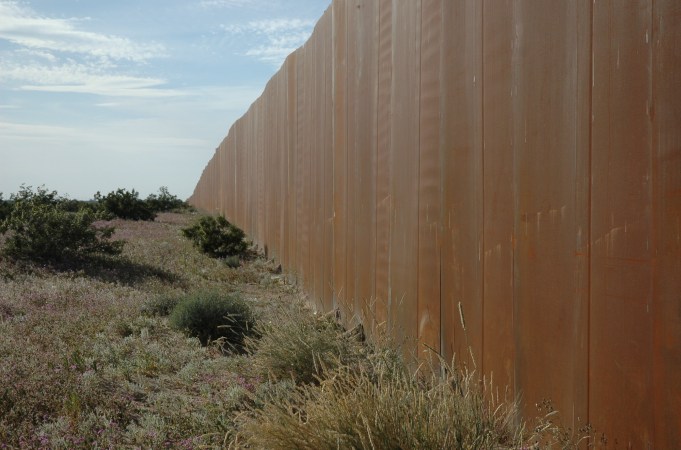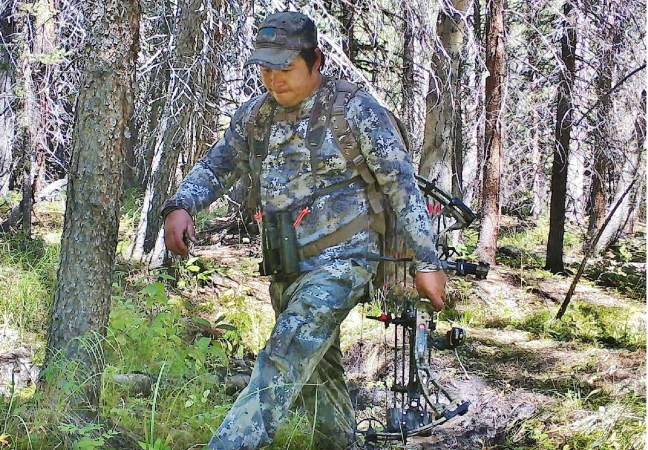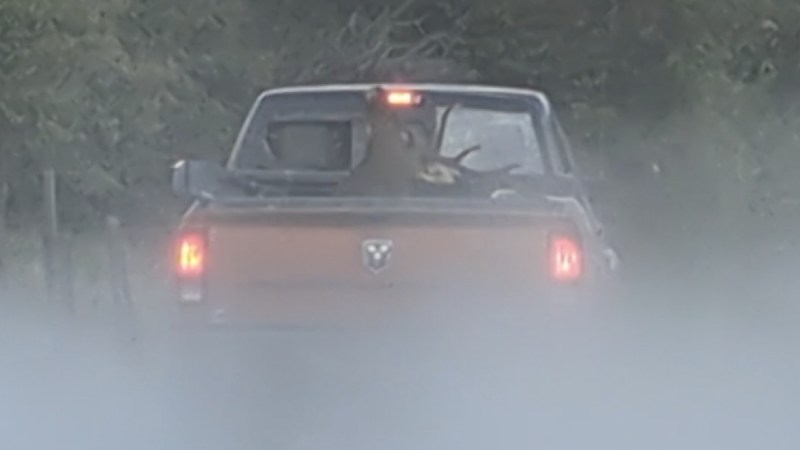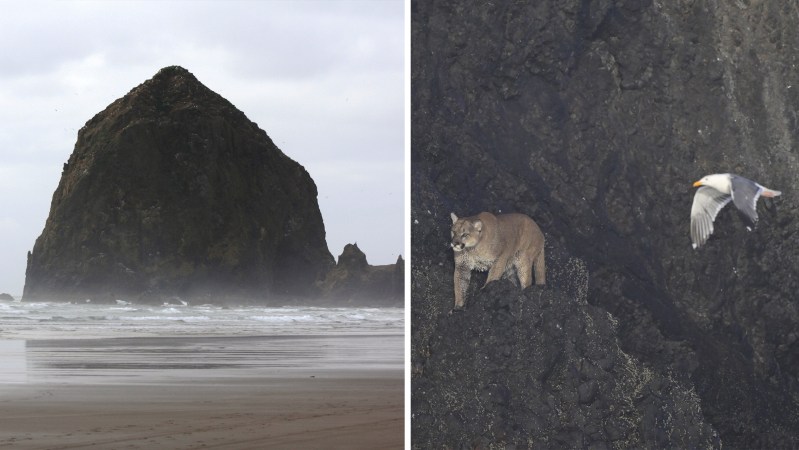After months of debate between California wildlife officials, the public, and animal advocates, a 500-pound female black bear notorious for leading her cubs on home invasions around South Lake Tahoe, California, is being relocated to Springfield, Colorado. The decision comes after CDFW received immense backlash for a plan to trap and euthanize what is likely one of the most problematic bears the state has ever dealt with.
Read Next: Where Do All the Problem Bears Go?
Although a single enormous bear called “Hank the Tank” has often been blamed for property damage by South Tahoe residents and in national headlines, there are actually many overweight, human-conditioned black bears in the area. In this case, a sow known as Bear 64F will be moved to the Wild Animal Sanctuary’s 9,752-acre Refuge property, the California Department of Fish and Wildlife reports.
“For months – and despite hazing and other mitigation efforts, the target bear has caused extensive property damage and forcefully entered several homes – including occupied homes – in and near the Tahoe Keys,” CDFW wrote in a statement following a community meeting on Feb. 16, 2022. “CDFW and local law enforcement have responded to more than 150 calls and requests for help with this particular bear over the past several months. This one individual bear has been linked to property damage at 38 different properties at least.”
Whether Bear 64F is the only bear responsible for that damage is unclear, although DNA testing did link the sow to 21 home invasions since February 2022 when the statement was released. Animal welfare group BEAR League vehemently opposed euthanasia at the time and offered the wildlife sanctuary in Colorado as a nonlethal option. But such a move would come with lots of complications, CDFW warned.
“A black bear cannot be imported into the state of Colorado without permits and approval from Colorado Parks and Wildlife,” CDFW wrote in its statement. “We are investigating this option further, however, Colorado has not allowed the importation of wild-born bears in recent years. Our last transfer to that facility required documentation that the animals were captive-born.”
Now, CPW is using one of a limited number of wild-born bear transfers in their management arsenal on Bear 64F. But it’s tough to ignore how a group of animal welfare activists talked a state wildlife agency out of following the nationwide standard protocol for extreme problem bears that enter occupied homes and cause property damage—all seemingly because this particular bear has a name and a local social media following.
“Relocation is not typically an option for conflict animals over concern that relocating an animal will relocate the conflict behavior to a different community,” CDFW writes. “However, given the widespread interest in this bear, and the significant risk of a serious incident involving the bear, CDFW is employing an alternative solution to safeguard the bear family as well as the people in the South Lake Tahoe community.”
Read Next: Canadian Hiker Brings Shotgun to National Park, Shoots Black Bear Because He Was “Scared”
The sow and her three cubs will be separated. While Bear 64F goes to Springfield, the cubs will go to Sonoma County Wildlife Rescue in Petaluma, where biologists will attempt to train them out of their learned behaviors and return them to the wild. One of the cubs is thought to be suffering from injuries associated with a vehicle strike.

